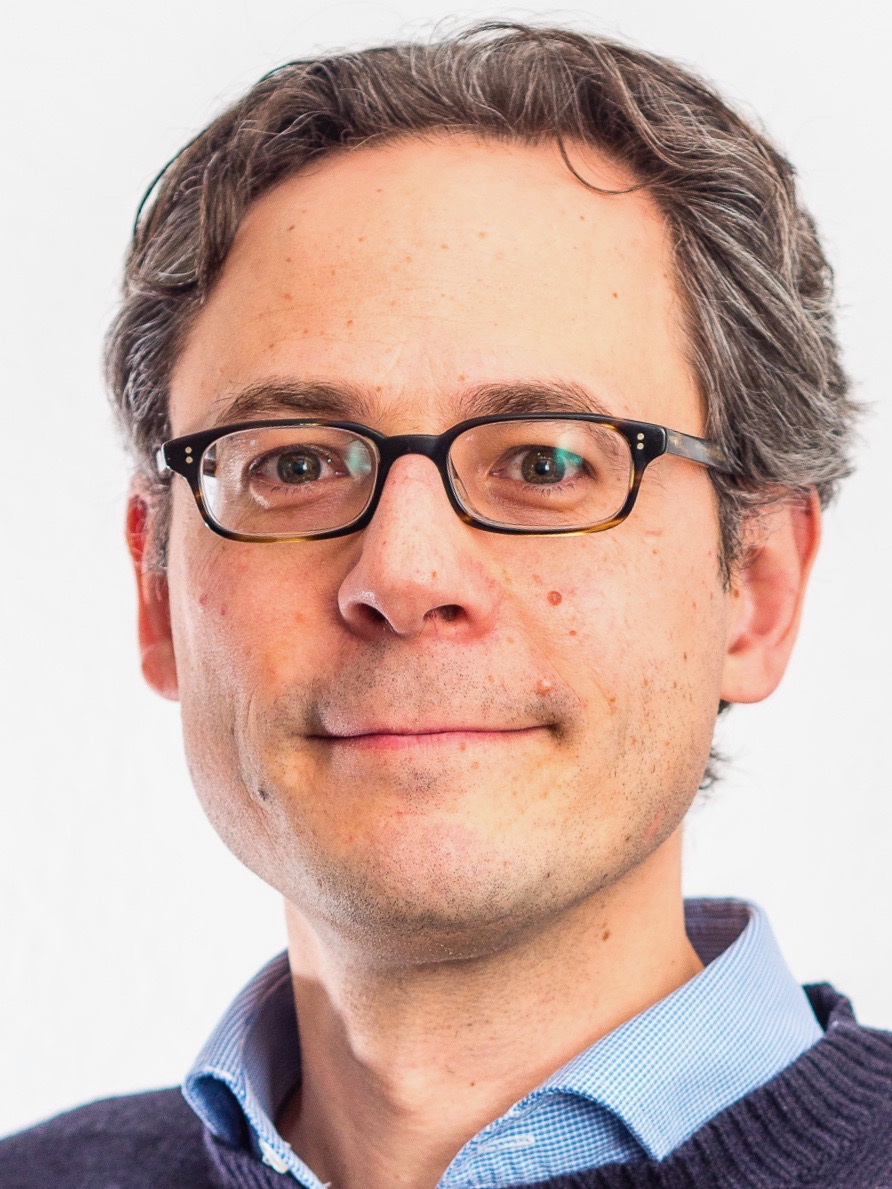

| Private Homepage | http://www.uni-muenster.de/Stochastik/dereich/ |
| Research Interests | Probability Theory |
| Project membership Mathematics Münster | C: Models and Approximations C2: Multi-scale phenomena and macroscopic structures C3: Interacting particle systems and phase transitions |
| Current Publications | • Dereich, S.; Jentzen, A.; Kassing, S. On the existence of minimizers in shallow residual ReLU neural network optimization landscapes. , 2023 online |
| Current Projects | • EXC 2044 - C2: Multi-scale phenomena and macroscopic structures In multi-scale problems, geometry and dynamics on the micro-scale influence structures on coarser scales. In this research unit we will investigate and analyse such structural interdependence based on topological, geometrical or dynamical properties of the underlying processes. We are interested in transport-dominated processes, such as in the problem of how efficient a fluid can be stirred to enhance mixing, and in the related analytical questions. A major concern will be the role of molecular diffusion and its interplay with the stirring process. High Péclet number flow in porous media with reaction at the surface of the porous material will be studied. Here, the flowinduces pore-scale fluctuations that lead to macroscopic enhanced diffusion and reaction kinetics. We also aim at understanding advection-dominated homogenisation problems in random regimes. We aim at classifying micro-scale geometry or topology with respect to the macroscopic behaviour of processes considered therein. Examples are meta material modelling and the analysis of processes in biological material. Motivated by network formation and fracture mechanics in random media, we will analyse the effective behaviour of curve and free-discontinuity energies with stochastic inhomogeneity. Furthermore, we are interested in adaptive algorithms that can balance the various design parameters arising in multi-scale methods. The analysis of such algorithms will be the key towards an optimal distribution of computational resources for multi-scale problems. Finally, we will study multi-scale energy landscapes and analyse asymptotic behaviour of hierarchical patterns occurring in variational models for transportation networks and related optimal transport problems. In particular, we will treat questions of self-similarity, cost distribution, and locality of the fine-scale pattern. We will establish new multilevel stochastic approximation algorithms with the aim of numerical optimisation in high dimensions. online • EXC 2044 - C3: Interacting particle systems and phase transitions The question of whether a system undergoes phase transitions and what the critical parameters are is intrinsically related to the structure and geometry of the underlying space. We will study such phase transitions for variational models, for processes in random environments, for interacting particle systems, and for complex networks. Of special interest are the combined effects of fine-scalerandomly distributed heterogeneities and small gradient perturbations. We aim to connect different existing variational formulations for transportation networks, image segmentation, and fracture mechanics and explore the resulting implications on modelling, analysis, and numerical simulation of such processes. We will study various aspects of complex networks, i.e. sequences of random graphs (Gn)n∈N, asking for limit theorems as n tends to infinity. A main task will be to broaden the class of networks that can be investigated, in particular, models which include geometry and evolve in time. We will study Ising models on random networks or with random interactions, i.e. spin glasses. Fluctuations of order parameters and free energies will be analysed, especially at the critical values where the system undergoes a phase transition. We will also investigate whether a new class of interacting quantum fields connected with random matrices and non-commutative geometry satisfies the Osterwalder-Schrader axioms. Further, we will study condensation phenomena, where complex network models combine the preferential attachment paradigm with the concept of fitness. In the condensation regime, a certain fraction of the total mass dynamically accumulates at one point, the condensate. The aim is a qualitative and quantitative analysis of the condensation. We willalso explore connections to structured population models. Further, we will study interacting particle systems on graphs that describe social interaction or information exchange. Examples are the averaging process or the Deffuant model. We will also analyse asymmetric exclusion processes (ASEP) on arbitrary network structures. An interesting aspect will be how these processes are influenced by different distribution mechanisms of the particles at networks nodes. If the graph is given by a lattice, we aim to derive hydrodynamic limits for the ASEP with jumps of different ranges for multiple species, and for stochastic interactingmany-particle models of reinforced random walks. Formally, local cross-diffusion syste ms are obtained as limits of the classical multi-species ASEP and of the many-particle random walk. We will compare the newly resulting limiting equations and are interested in fluctuations, pattern formation, and the long-time behaviour of these models on the microscopic and the macroscopic scale. Further, we will analyse properties of the continuous directed polymer in a random environment. online | steffen dot dereich at uni-muenster dot de |
| Phone | +49 251 83-32671 |
| FAX | +49 251 83-32712 |
| Room | 130.008 |
| Secretary | Sekretariat Kollwitz Frau Anita Kollwitz Telefon +49 251 83-33770 Fax +49 251 83-32712 Zimmer 130.030 |
| Address | Prof. Dr. Steffen Dereich Institut für Mathematische Stochastik Fachbereich Mathematik und Informatik der Universität Münster Orléans-Ring 10 48149 Münster |
| Diese Seite editieren |

